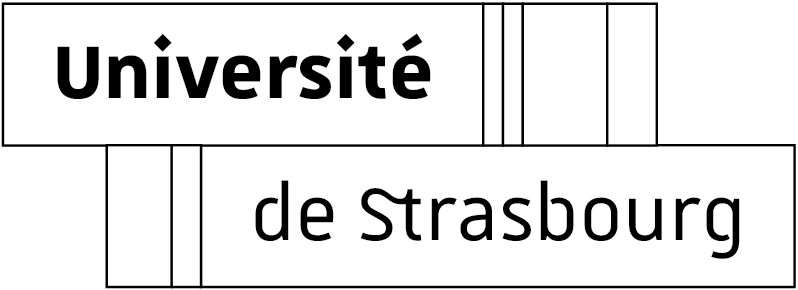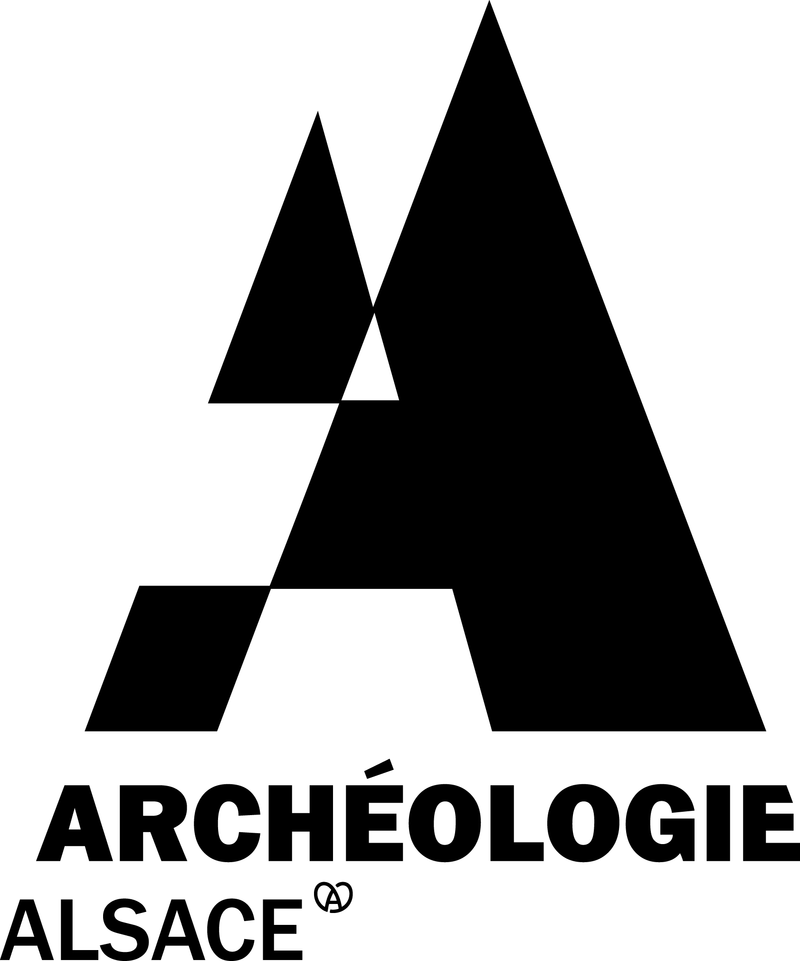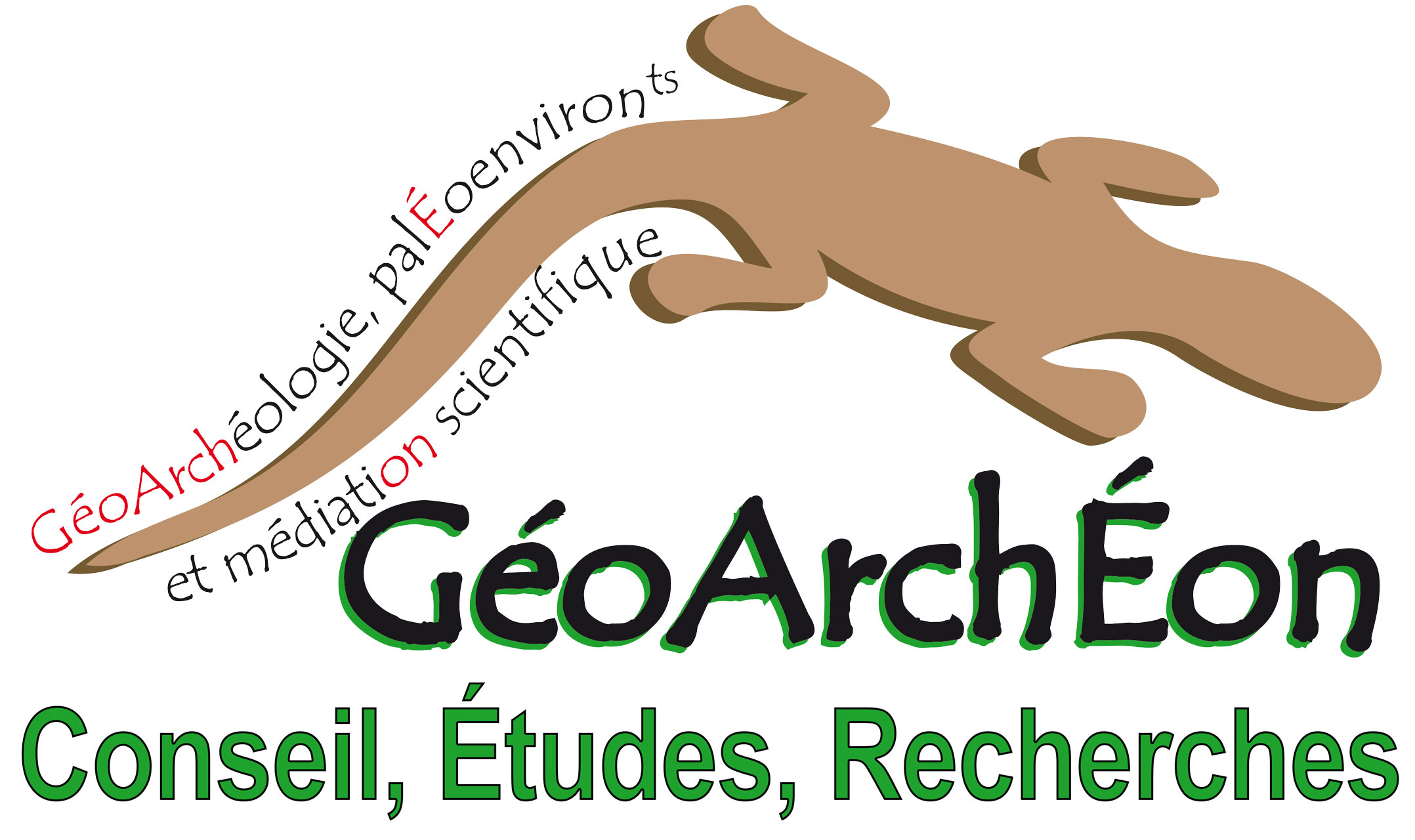Résumé
Cet article étudie l’évolution sémantique des concepts d’« Asie » et d’« Asiatique » dans la poésie lyrique grecque d’époque archaïque et chez Eschyle. L’attention se focalise notamment sur le processus par lequel le choronyme grec Ἀσία, qui désignait initialement une partie de l’Anatolie nord-occidentale, élargit son spectre sémantique en suivant les développements géopolitiques qui caractérisèrent l’Asie Mineure, le Proche et le Moyen-Orient aux viie et VIe siècles av. J.-C., jusqu’à recouvrir le continent asiatique tout entier. Au ve siècle, enfin, l’Asie paraît coïncider tantôt avec le continent, tantôt avec l’empire perse, mais ses frontières demeurent susceptibles d’être ajustées selon les buts littéraires et politiques divers des auteurs envisagés. Quant à l’enquête sur les mots désignant les Asiatiques, l’étude des textes met en lumière l’absence d’éléments qui permettent d’attribuer avec sûreté des connotations quelconques – et notamment négatives – aux « Orientaux » pris dans leur ensemble.
Mots-clés : Asie, Empire perse, poésie lyrique grecque, Eschyle, orientalisme.












